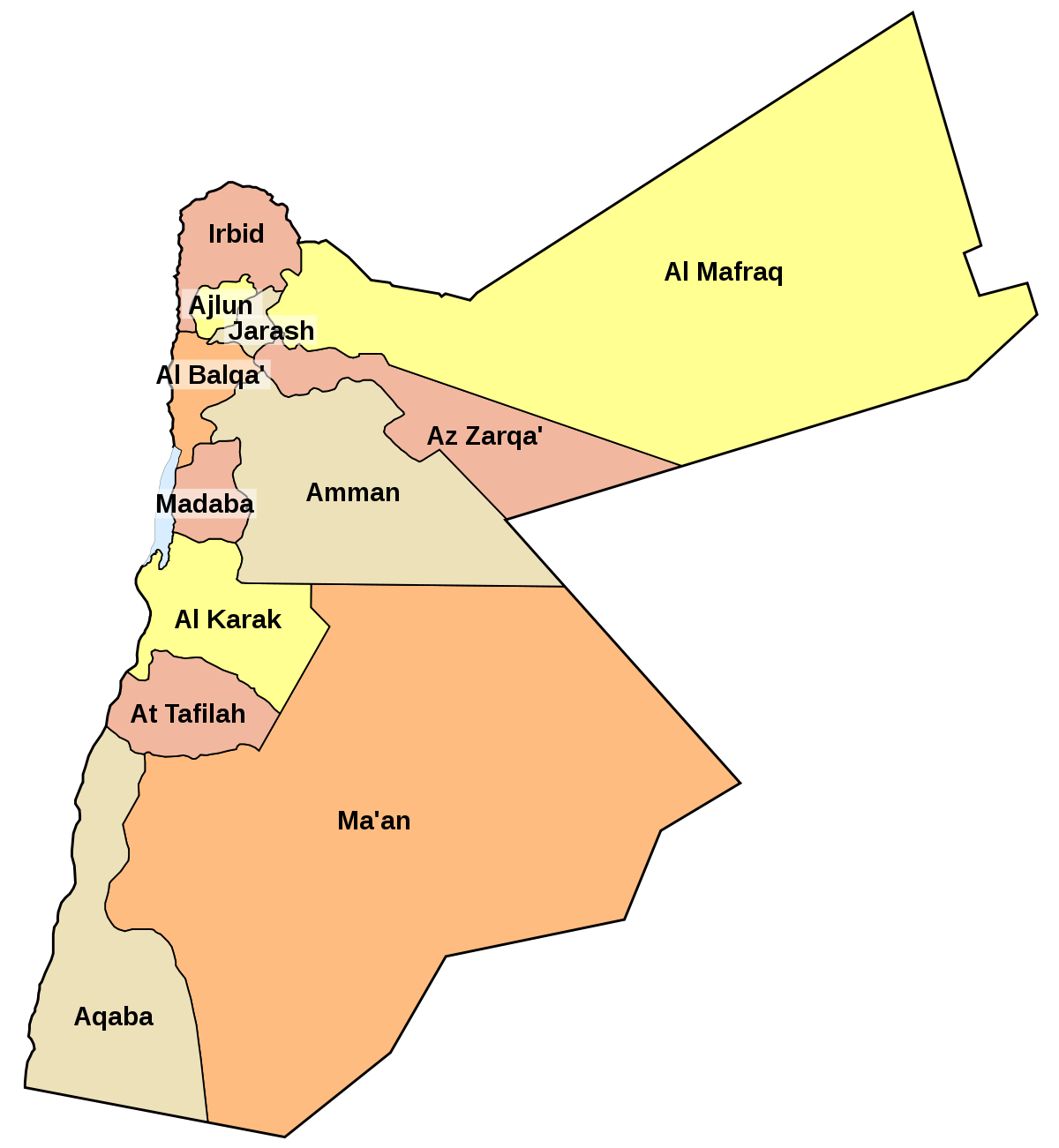Geography and history History of Jordan Jordan is a land that is steeped in history. This country has been a homeland upon which cities, civilizations, kingdoms and various structures were built. Its territory has been an arena of continuous human civilizational interaction since the dawn of history to the modern state. It is constantly populated; various civilizations inhabited it, and Semitic migrants, that established thriving civilizational gatherings, settled in it thanks to its diverse climate and its unique location between the continents of the world. Due to this civilized communication, Jordan witnessed the settlement of civilizations and the establishment of major kingdoms such as the Kingdom of Moab in southern Jordan, and the Kingdom of the Nabataeans which extended its rule over the area from Bosra al-Sham to the cities of Saleh. North of Jordan was the main pillar of the Alliance of Ten Greek Cities (Decapolis). Jordan then came under the Roman control that formed many prominent and important populations in the region. When Islam came to Jordan, it witnessed important incidents in Islamic history, including the battle of Mu’ta, the Battle of Yarmouk, the Arbitration between Ali Ibn Abi Talib and Muawiyah (in athroh), and the birth of the Abbasid Caliphate (in Alhumaiamah). Jordan witnessed the settlement of civilizations and the establishment of great kingdoms whose influence marked the history of those periods, most notably the kingdom of Moab in southern Jordan led by King Joshua, and the Nabataean Kingdom, which extended a broad rule over the area from Bosra al-Sham to the cities of Saleh, and the formation of northern Jordan as the cornerstone of the Alliance of Ten Greek Cities. Jordan was a habitat for early civilizations, as borne out by the history Jordanian sites and ruins. Jordan then came under the Roman rule whose civilization enriched the region to be an integral part of that powerful empire. Under the Islam rule, Jordan played a key role because it was the gate of Sham. Its soil witnessed Mu'tah and Yarmouk battles and was filled with the first Muslim martyrs’ blood, and made a considerable contribution to the civilization during that era. Its squares have seen many significant incidents. So, supporters of Ali Bin Abi Talib - may Allah be pleased with him - and Muawiyah ibn Abi Sufian agreed to go to arbitration in the city of Athroh. As for Alhumaiamah, it was the start of the Abbasid caliphate to take over the authority thereafter. During the period of Umayyad and Abbasid and beyond, Jordan was willing be ruled by Islam. Jordan contributed effectively to the victory of Muslims during the crusades since it was a meeting point between Egypt and Sham. Nothing would give us more pride than having the shrines of the most well-known Muslim leaders, first and foremost, Abu Obeida Amer Ibn Al-Jarrah - Secretary of this nation, Shorahbeel Ibn Hasnah, Dhirar Ibn Alazwar in the Jordan valley, Jafar Ibn Abi Talib and his companions in Mu’ta, not to mention the shrines of other companions and leaders. When Ottoman expanded to rule the region, they realized its significance since it was located on the trade route for caravans and was essential to strengthen the Ottoman Empire in its southern parts. Jordan's civilizational role and presence in the arena have continued throughout history. This is obvious from the ruins, palaces, castles and wonders that attest to Jordan's cultural richness and its fundamental function over the centuries. At the beginning of the 20th century, when Arab nationalism grew and when Arabs rose up, the people and governments of Jordan pioneered. The land of Jordan witnessed revolutions of liberation, most notably Al karak revolution, Bani Hamida revolution and Al tafila revolution. Due to the fact that the Ottoman rule deviated off the right course and the Turanism refusing to acknowledge Arab nationalism emerged, the freemen of Arabs gathered themselves and gave the lead to the King of Arabs, Al-Sharif Hussein Ibn Ali, who initiated the great Arab revolt against tyranny, to restore the right face of Islam in 1916. The people of Jordan knuckled down and joined the revolt, from the south in Aqaba through Ma'an to the north. Under the Hashemite leadership, Jordanians provided a good example of liberation and they went to great lengths so they could liberate their land and the land of Sham. On April 11, 1921, the first Jordanian government headed by Rachid Tle'a was established and named the Council of Principals. In fact it was a government of Arabs rather than a Jordanian one because of Prince Abdullah's deep belief in Arab nationalism as a way to freedom and independence. Liberation is only achieved when one is fully independent. Thus, Jordan struggled to gain independence on May 25, 1946, and the Emirate of Transjordan was declared and named the Hashemite Kingdom of Jordan, and prince Abdullah was crowned king of it. The Jordanian Constitution was issued, whose articles were advanced in the field of various rights and provided for the establishment of a parliament consisting of two houses, and parliamentary elections were held afterwards. Following the decision to divide Palestine into two Arab-and-Jewish states, and after the withdrawal of British troops from Palestine as well as the declaration of the establishment of the State of Israel in 1948, Jordan entered the war alongside the Arab countries despite its modest means, and was able to defend Jerusalem and a huge part of the West Bank from being lost. The Arab Army was a shining example in protecting Jerusalem and wholeheartedly supported the sister nation by welcoming thousands of Palestinian refugees. In 1950, based on the unbridled desire of the Palestinian people, the Jordanian-Palestinian unity was declared after the Jericho conference, which brought together Palestinian leaders and King Abdullah, so that the West Bank would not remain in a power vacuum exploited by the Israelis. The following year, a hand of treachery in a fiendish plot assassinated the maker of the most successful Arab unity, King Abdullah I, as he entered the gate of the Al-Aqsa Mosque for Friday prayers. In 1951, Prince Talal succeeded his father in power and completed the amended draft constitution to issue in 1952 the Constitution of Unity, emanating from Islamic values and democratic principles in force in the civilized countries of the world. Accordingly, the elections were held on both banks and the principles of democracy and unity were established. King Talal's unwell medical condition forced him to abdicate, and he was succeeded by his Majesty King Hussein king of Jordan. When he turned 18 he assumed his constitutional powers on August 11, 1953 to carry the Jordanian torch, build a civilized edifice of national unity, the rule of law, and modern civil institutions, and establish belonging to the Arab nation. During this period, the Arab region was ravaged by great events that Jordan was able to adapt to and overcome peacefully. In 1956, Jordan stood by its brothers in Egypt to fight off the tripartite aggression and expressed its willingness to defend Egypt in the field in all possible ways. In the same year, His Majesty King Hussein issued his courageous decision to arabize the Jordanian army, where the services of Army Commander Club were dispensed with and the command was handed over to Jordanian officers. This decision resonated positively in the Arab world and affected their journey towards liberation and independence. In the 1960s, Jordan played without ceasing its natural role in defending our Palestinian brothers. In 1967, the six-day war during which Israel occupied the West Bank, Gaza Strip, and the Syrian Golan Heights broke out. In spite of Jordan's warnings to Arab brothers not to enter the war because of the inadequate preparation for it, they entered it and suffered heavy casualties. Jordan welcomed and sheltered hundreds of thousands of displaced people and treated them as citizens with their rights and duties. Since 1967, Jordan has continued its armed struggle against Israel, the longest front line. On March 21, 1968, when Israeli forces crossed the Jordanian border to occupy the eastern highlands, Jordanian forces valiantly confronted their troops who came back with disappointment in the battle of Alkaramah. Because Jordan did not waste any opportunity to support its Arab brothers, it entered the 1973 war. Its troops headed to the Syrian territory and played a substantial role in protecting the sectors of the Syrian army and providing them with the necessary support. At the Rabat Summit in 1974, Jordan agreed that the Palestinian Liberation Organization (PLO) would become the only legitimate representative of the Palestinian people. In the 1980s, Jordan hosted two notable Arab summits, the first in 1980, one in which joint Arab economic work began, and the second in 1987, which worked to regroup the Arabs and join them together. In 1988, in order for our Palestinian brothers to move easily and to preserve their independent decision, His Majesty King Hussein announced the decision to disengage administratively and legally with the West Bank without affecting that Jordanian role in defending it, taking care of its affairs and meeting the demands of its people. At the end of the 1980s, Jordan encountered a rather intractable economic problem. Successful plans and efficient economic programmes enabled Jordan to surpass it towards a free and booming economy capable of attracting foreign investment and funds, an economy that seeks to integrate with the economies of our Arab brothers and open up to the global economy. In 1989, Jordanian parliamentary life resumed, with Jordanians electing their parliament, which revived political life. This parliament has passed many laws that promote a democratic approach. Parliamentary life has not been interrupted since then, with the parliamentary elections continuing with the participation of all elements of political spectrum and in a genuine democratic atmosphere that allows for political pluralism, freedom of expression, political participation and addressing the authorities. Jordan, based on its principles, denounced what the Iraqi forces did when they entered Kuwait on August 2, 1990, and called for the withdrawal of Iraqi forces and a peaceful Arab solution to the crisis which created a traumatic impact upon Jordan. As a result, hundreds of thousands of Jordanians and Palestinians, living in the Gulf, who contributed to the reconstruction of these countries were repatriated and sent out to, in accordance with Jordan’s consistent approach to supporting and protecting our brothers. Jordan suffered a difficult period, which was sometimes marred by misunderstandings by some Arab brothers, but it insisted on settling the disagreements, and this was achieved by the intense moves of his wise leadership. Believing that a comprehensive and just peace are the way to restore Arab rights, and after obtaining the approval of the Arab countries, Jordan participated in the Madrid Conference in 1991, upon paving the way to the Palestinian delegation. After our Palestinian brothers followed their path and after they signed the Oslo Agreement with the Israeli side, Jordan concluded a peace treaty with Israel in 1994. This treaty restored Jordanian rights to land and water, buried the ideas of the alternative homeland, and drew the clear final boundaries of Jordan State with Israel. Jordan used that treaty to help our Palestinian and Arab brothers demand their rights, and employed it in order to achieve a just peace. It provided Jordan with a platform to defend Arab issues that Jordan spared no effort to tackle, as evidenced by its constant keenness to lift the embargo on the Iraqi people, and by its assertion about the unity and territorial integrity and rejection of any aggression against them. The year 1999 was the year of grief and the year of hope for the Jordanians. On February 7 of that year, Jordanian people lost the founder of modern Jordan, the greatest man and the bravest knight, His Majesty the late King Hussein ibn Talal. The Hashemite flag was handed over to His Majesty King Abdullah II ibn Al Hussein to continue the Jordanian journey in achieving the state's fortitude, stability, security, growth and development, and achieving Arab solidarity and restoring rights to its owners without prejudice to any Arab brother. Location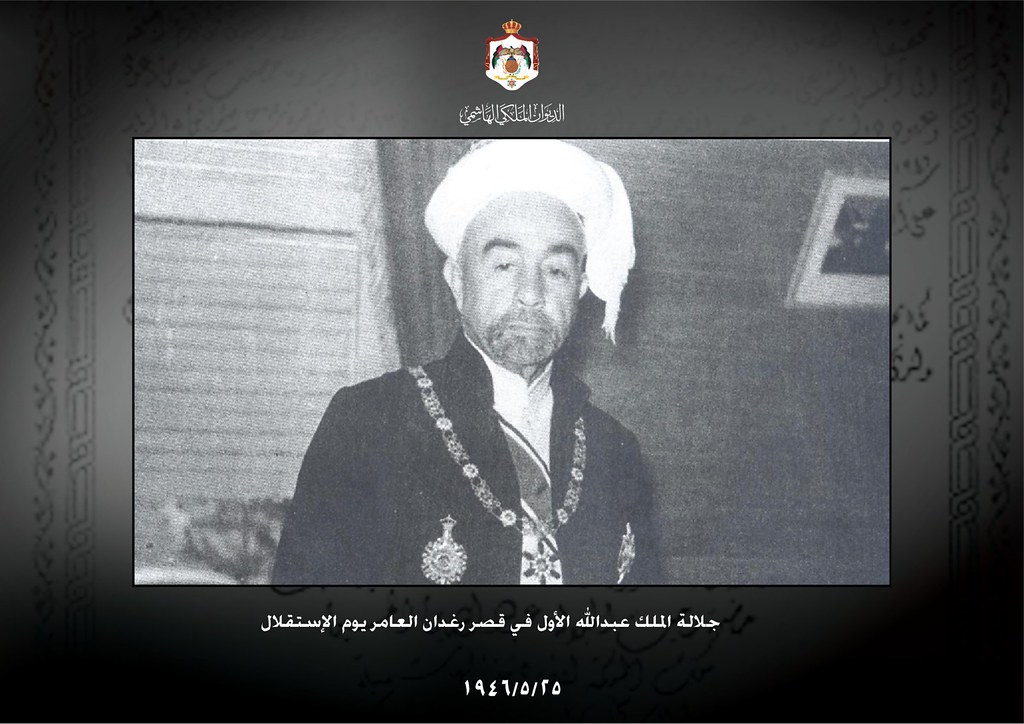
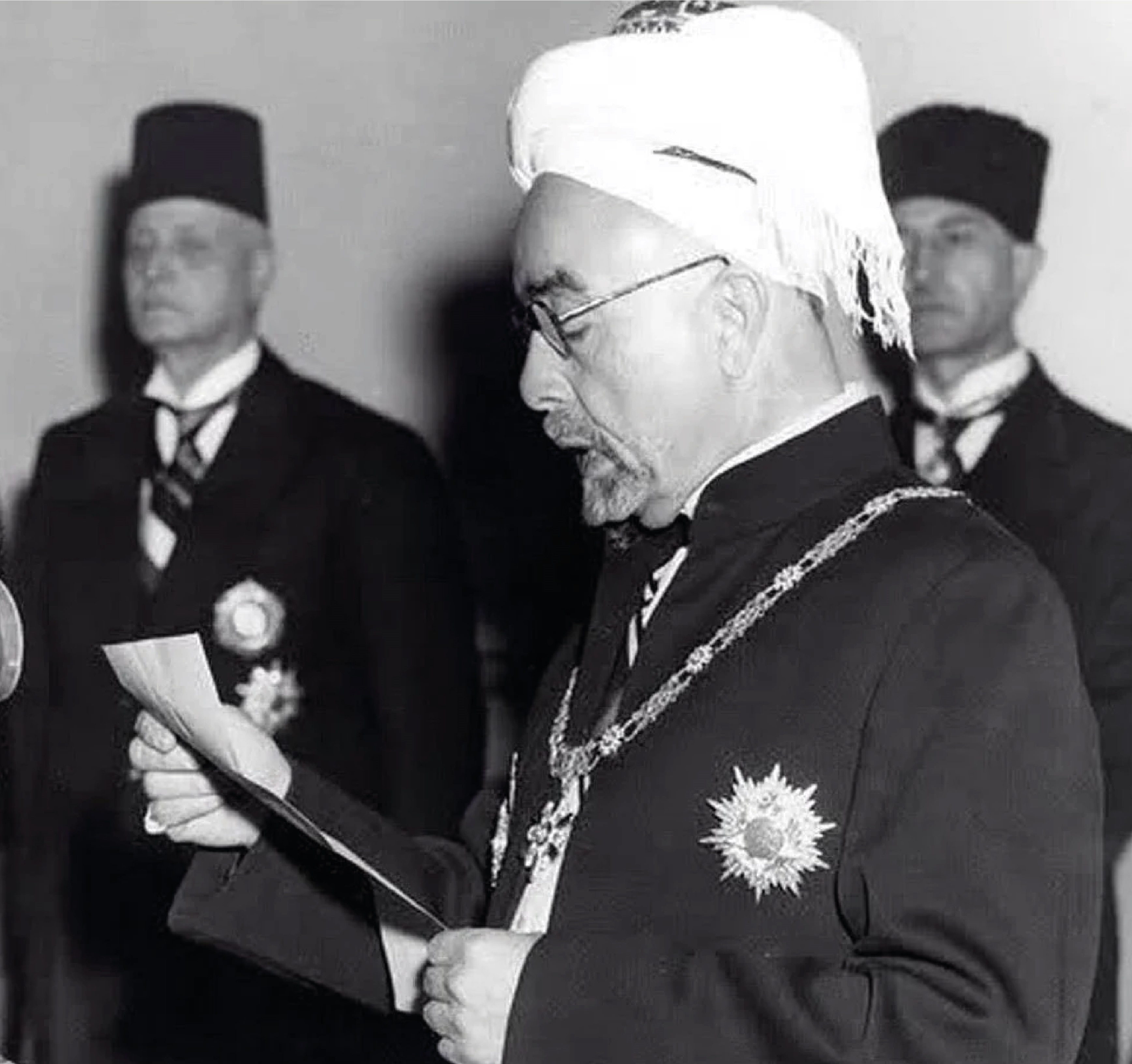
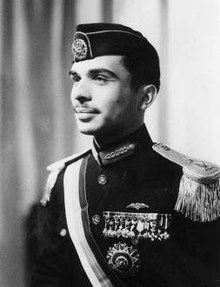
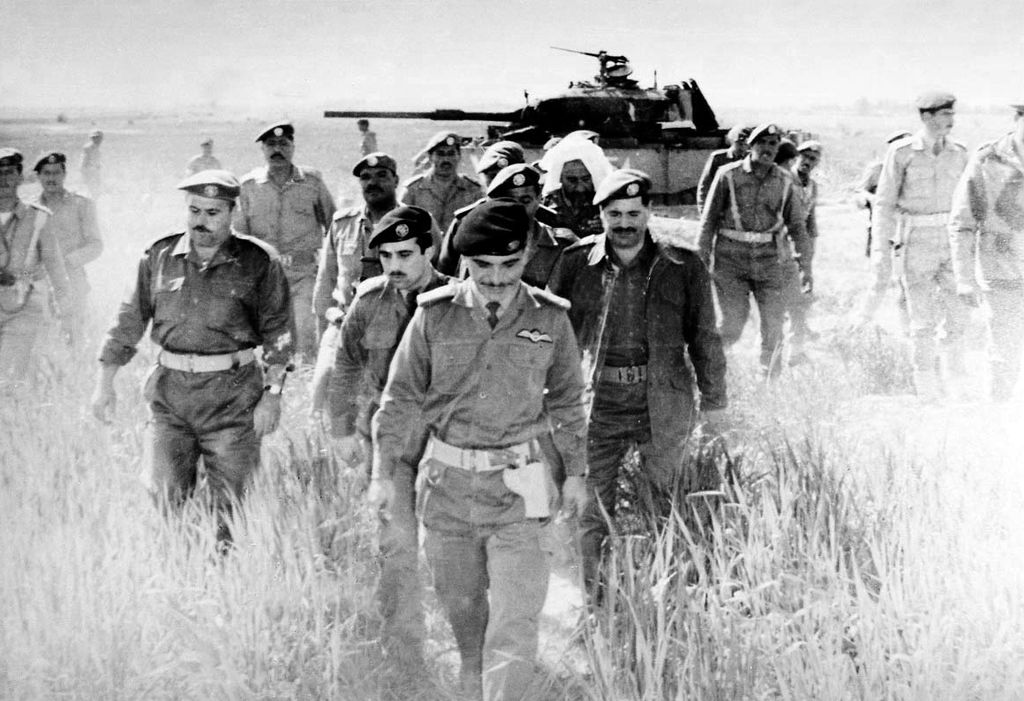
Jordan is located in the middle of south-west Asia, in the southern part of the Levant and the northern Arabian Peninsula, 29° - 22° 33° north of the Equator and 59° 34° - 59° 39° east of Greenwich.
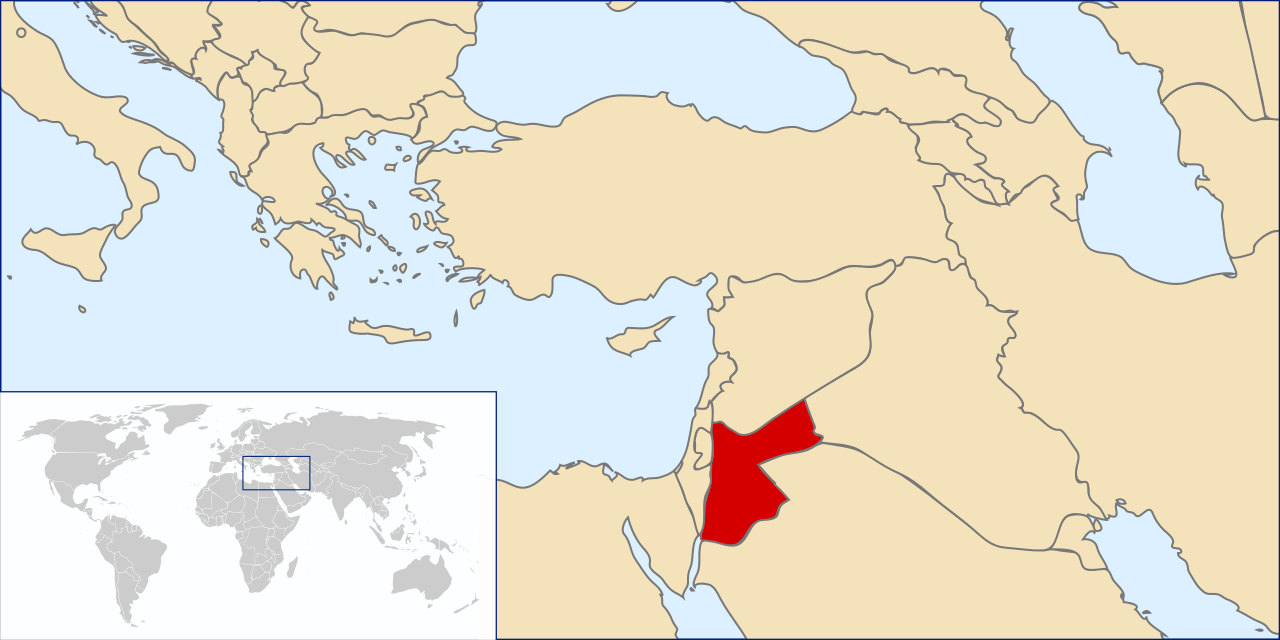
Population:
Jordan has a population of about 6.2 million in 2011. Jordan's population growth is about 67.2%, while the population density is about 60 people km/s.
Currency:
The Jordanian dinar is subdivided into 1,000 fils, and every 00.71 dinars is equivalent to one dollar.
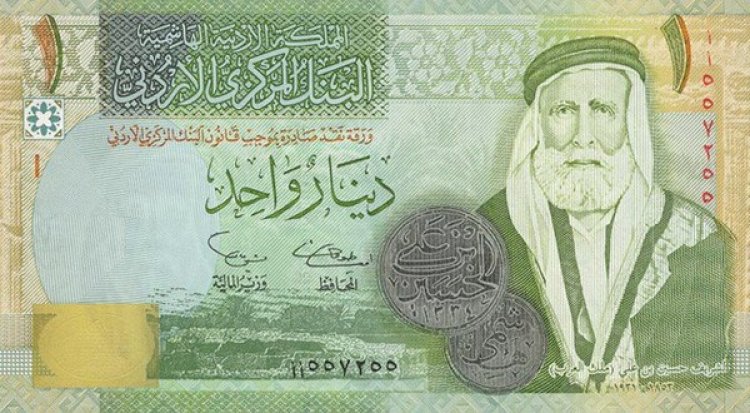
Religion:
Islam 92%, Christianity 8%.
Official language:
Arabic.
Area:
The Hashemite Kingdom of Jordan has an area of 89,287 square kilometers (34,474 square miles).
Terrain:
The main features of the Hashemite Kingdom of Jordan terrain are characterized by its longitudinal extension from north to south. In the western part, the Jordanian Valley area extends southwards (north-south) along the mountain range extending in the same direction to the east of the Jordan Valley, with the Jordanian desert to the eastern part.
Climate:
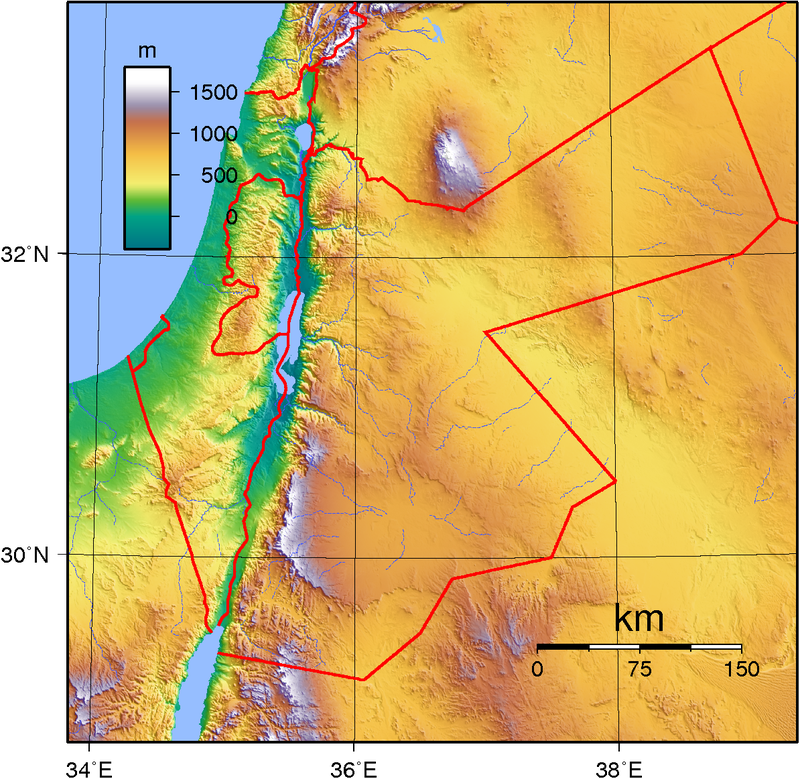
Jordan's climate is a combination of the Mediterranean basin climate (in mountainous highlands where mild summer and cold winters), subtropical climate (in the Valleys where hot summer and warm winter) and desert climate (in Jordan’s Badia where hot summers and cold winters).
The monthly average temperature in January in Amman, Irbid and Aqaba is 7,8,16°C, respectively, rising to 25,25.31°C in July, respectively. The warmest month of the year is August and the monthly average for previous cities is 25,25,36°C, respectively. The rainfall rate is more than 290 mm in Amman and Irbid, while it drops to 35 mm in Aqaba.
Administrative divisions
Jordan is divided into 12 governorates, each of which encompasses a number of districts and sub-districts, 48, 38 respectively. The most important cities are: Amman (the capital), Irbid, Zarqa, Mafraq, Ajlon, Jarsh, Madaba, Salt, Karak, Tafila, Ma`an, Aqaba.
